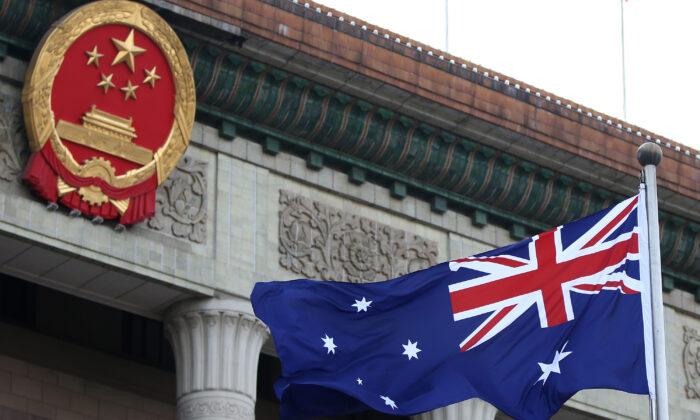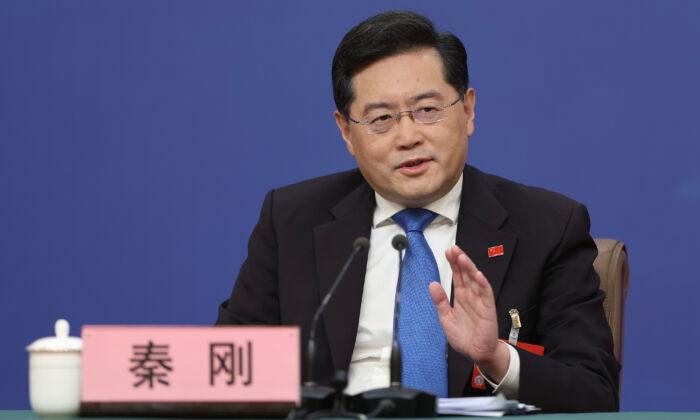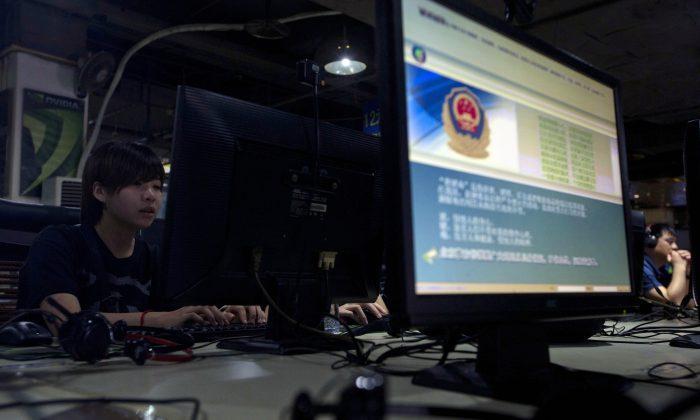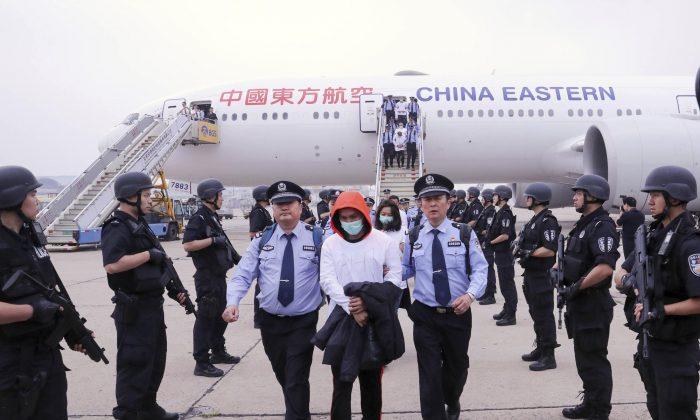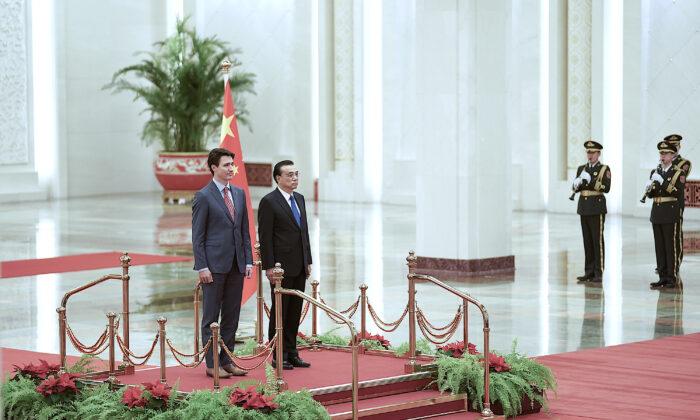Australia may have managed to anger the Chinese regime even further with an extensive presentation by its treasurer, which showed that China’s economic war on Australia has largely failed. To make matters worse, the loss in trade with China has largely been compensated by expanded trade with other markets. And perhaps worst of all, Australia has announced earlier this month a new trade policy that Treasurer Josh Frydenberg referred to as “China Plus.”
Australia has drawn the wrath of the Chinese Communist Party (CCP) over several issues, ranging from failing to sign an extradition treaty, limiting influence in its political system from foreign political parties or states, to calling for a proper investigation into the origins of COVID-19, among other things.
It seems Australia was supposed to be a pilot case to show how the CCP could put developed nations under its control. And the Chinese regime confidently issued a now infamous set of “14 demands,” which would, if agreed to, make Australia a modern-day tributary state. It’s easy to see why Australia was such an easy target, given that economically it is more dependent on China than any other Western or developed nation. Beijing seems to have expected a victory.
Instead, the Australian government buckled down, shoring up public support to resist such political and economic bullying. There is a growing cross-party consensus on the need to resist the Chinese regime’s attack, and business leaders, muted in their opposition to such policy, realize the public anger that would follow if they pushed Canberra to crawl back to Beijing and beg for forgiveness.
In the end, the outcome has been far from what the CCP expected—and if things continue this way, the worst possible upshot.
The Australian government has now instituted a number of support mechanisms for businesses to seek new markets, diversify supply chains, and make up for lost exports to China with new markets. And the presentation by Frydenberg showed it is working. It has determined that China is not and will not be a reliable trade partner, and to be reliant on China is not a feasible long-term policy.
Sure, there has been a loss, in particular for a few select industries. After all, China’s semi-open markets tend to ensure that a few select industries from key countries are allowed to flourish, such as Australian coal or German cars, and then use those select industries as leverage.
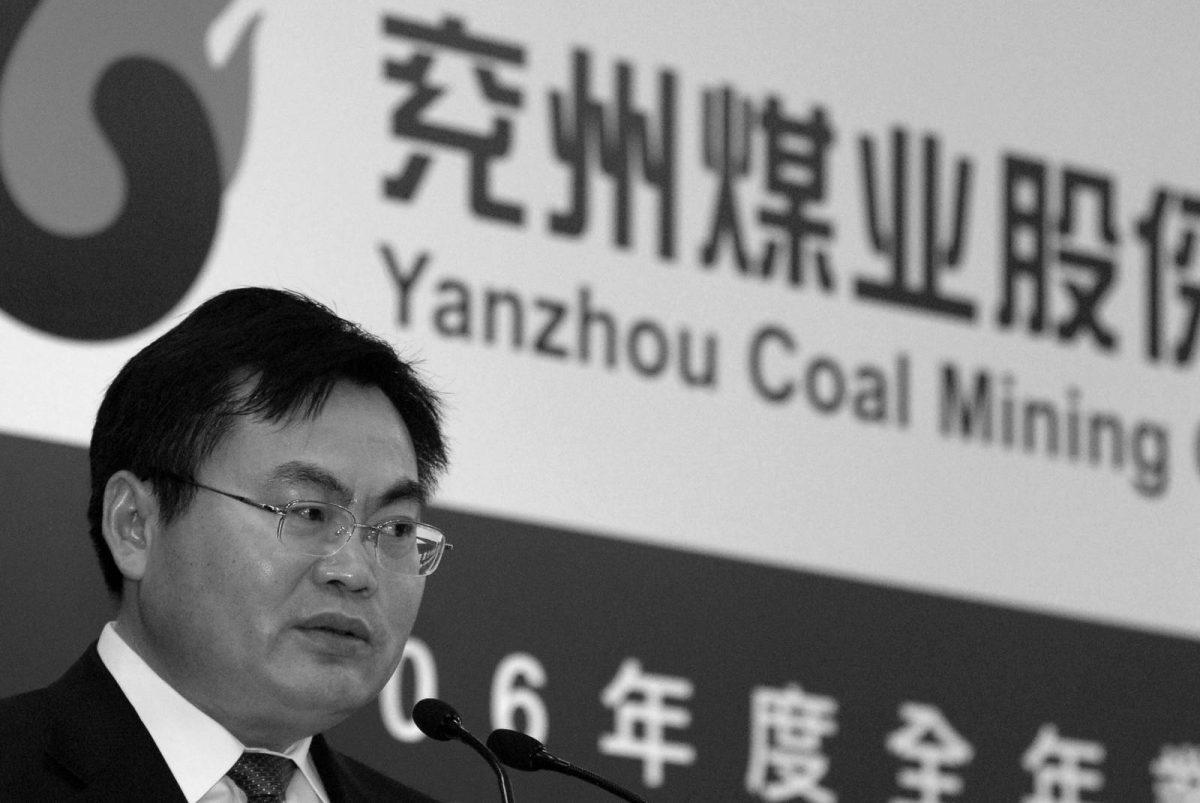
Amid the pandemic, Japan, as part of its economic rescue package, has included funds to help Japanese businesses move production out of China, either back to Japan or to other countries that won’t use trade as a weapon for political goals. One major Swedish company, with no assistance from its government, decided to close all its production in China and move it back to Sweden, realizing that keeping its main production in China would open itself up either for blackmail or as a victim of collateral damage for whenever the CCP decides to start an economic war with Sweden.
That Australia has now put into place such comprehensive support systems to help diversify its exports, the fact that it has actually worked, and that it is now being formalized into a set policy is the worst possible outcome for the CCP. It’s most likely that China’s top leaders in Zhongnanhai (the CCP headquarters in Beijing) fear that other countries will realize that China’s economic power is far more limited than many think. Australia’s economic dependence on China was one reason why it was selected as a target for Beijing’s economic coercion, but it failed—such a failure could be so devastating to the CCP. If Australia can flourish amid all this, then all Western countries can.
Any government that doesn’t pay close attention to these developments but draws up similar plans to set itself up to become the CCP’s target is missing a key opportunity to protect itself against future economic and political blackmail, and doing itself a great disservice.
